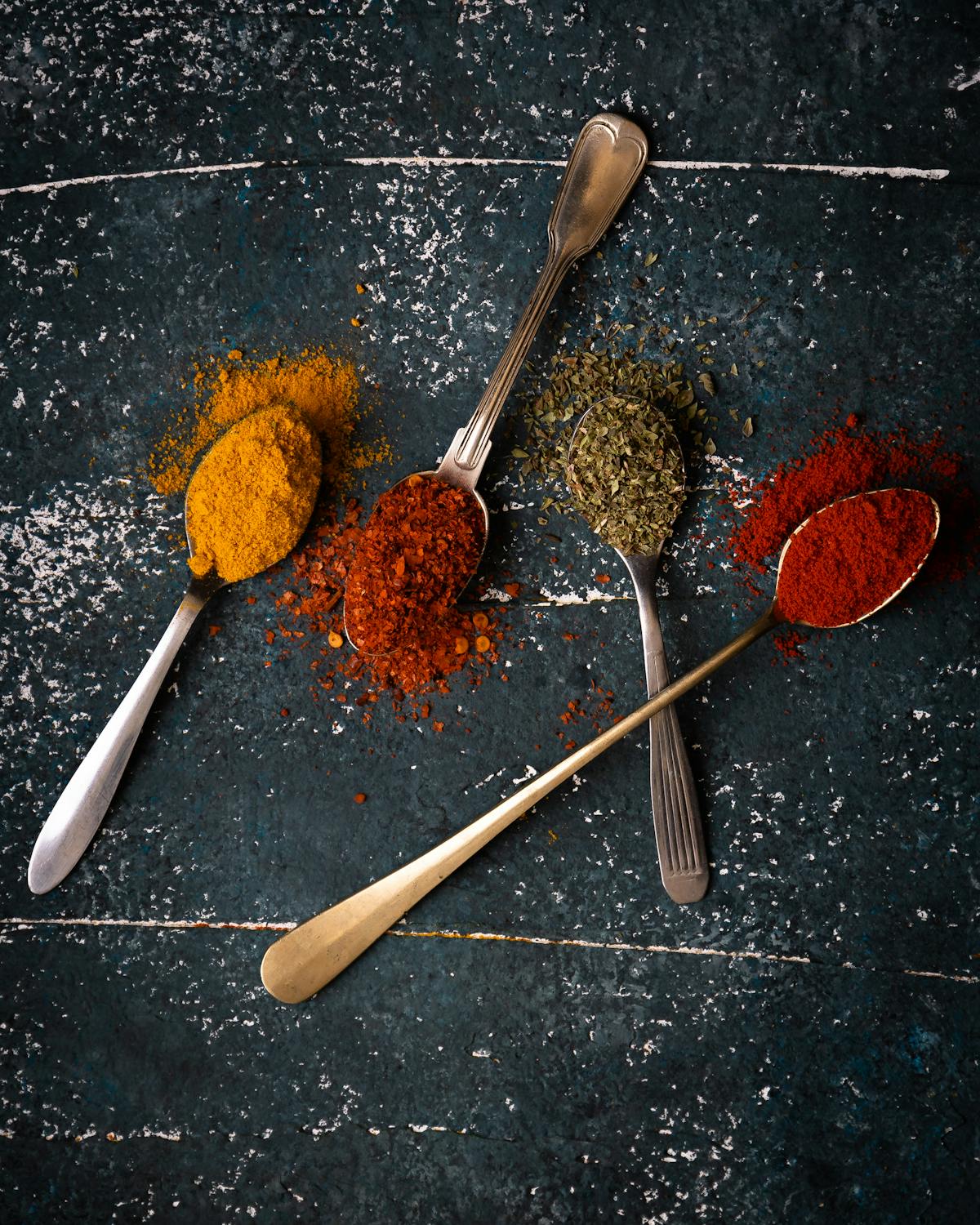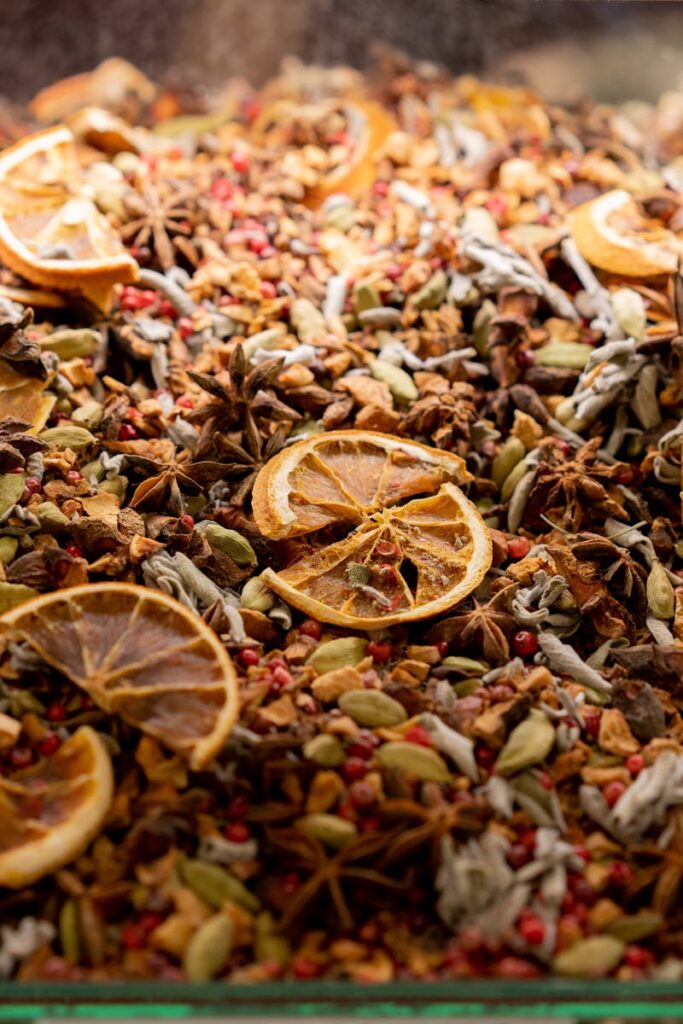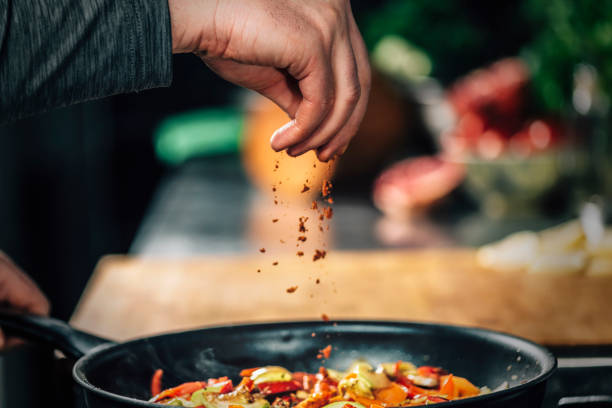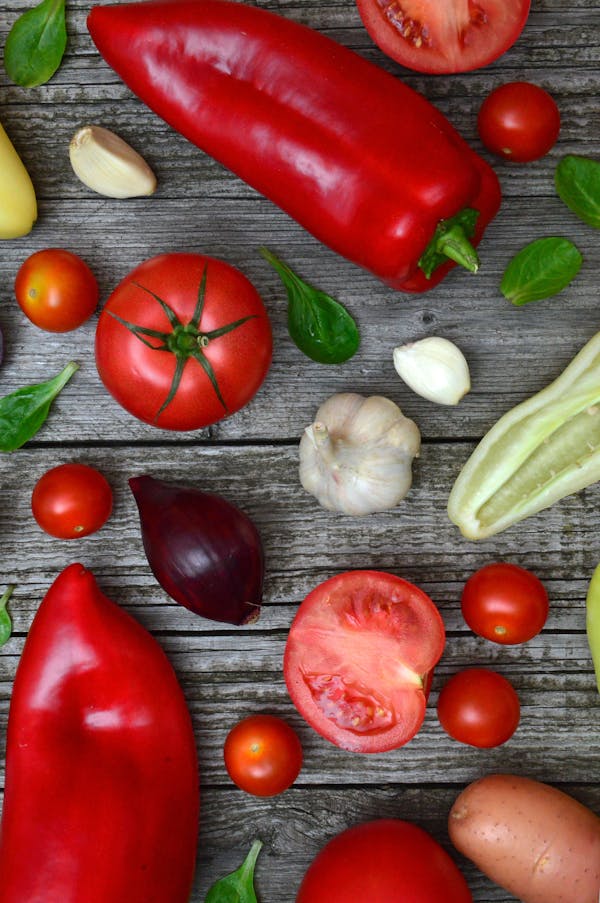Seasoning Your Food

Seasoning the right way
What is Seasoning
Seasoning is about improving the flavor of your food mostly via the addition of salt and pepper. Although herbs, spices, sweet things and acidic things can also be considered seasoning


Season-ing?
There are two main times to think about seasoning – the beginning and the end. For slow cooked dishes it’s a good idea to get some salt in early so it can spread through the whole dish over time. For most other things seasoning at the end is the best way to go.
Before you serve,
have a little taste of your dish and ask yourself these questions:
i. Does this taste delicious as is? Or are the flavours a little dull?
ii. Would it taste (even) better with some salt and pepper?
If it tastes better, add salt to the dish. If not then you’re ready to serve. It’s all about backing yourself and trusting your judgement.
What happens if I overdo it?
To be honest about the only way you can fix serious over-salting is to dilute the dish. Which can be tricky unless it’s a soup or stewy type thing. Serving with unsalted accompaniments, like mashed potato made with unsalted butter, or skipping the salt in the pasta water can help.
The best bet is to serve lots of water and hope nobody notices. The power of suggestion can really sway peoples’ taste perceptions so best not to alert your diners to the over-salting situation.

Think about the saltiness of your ingredients
One of the best ways to anticipate whether you’re going to need any extra seasoning is to have a think about how much salt each ingredient is contributing. If there are a heap of olives, anchovies, capers or bacon, for example, the dish will probably already be sufficiently salty.
Consider your accompaniments & the end use
If you’re making a filling for pies, remember that it’s going to be eaten with the pastry so a little bit more salt might not be a bad thing.
it’s OK to expectorate
One of the most useful skills I learnt during my time as a winemaker was how to spit like a champion. Now I know the thought can be a little gross for some people, I’d much rather spit as I’m tasting and seasoning and still feel like eating when I sit down to dinner, rather than that feeling of being absolutely stuffed before the meal has even begun. It’s up to you really
Beware of taste saturation
Remember that when your taste buds have been exposed to something a few times, they become less sensitive to those flavours. So if you’ve been tasting and tweaking for a while, it’s good to have a break and a glass of water, and ideally take 5 minutes out of the kitchen. The other option is to get a second opinion from someone else.
Allow for the serving temperature
The colder things are, the duller the flavours (or really the less we perceive them). Best to taste and season at the serving temperature if you can, otherwise try and allow for differences in temperature.
Consider individual preferences and sensitivities
Everyone is different. People who rarely eat salty food will be more sensitive than those who eat out all the time. Likewise, younger people tend to be more taste sensitive than the elderly. The answer is to season as much as you think it needs, but serve some salt at the table for your guests to fine tune, if desired.
